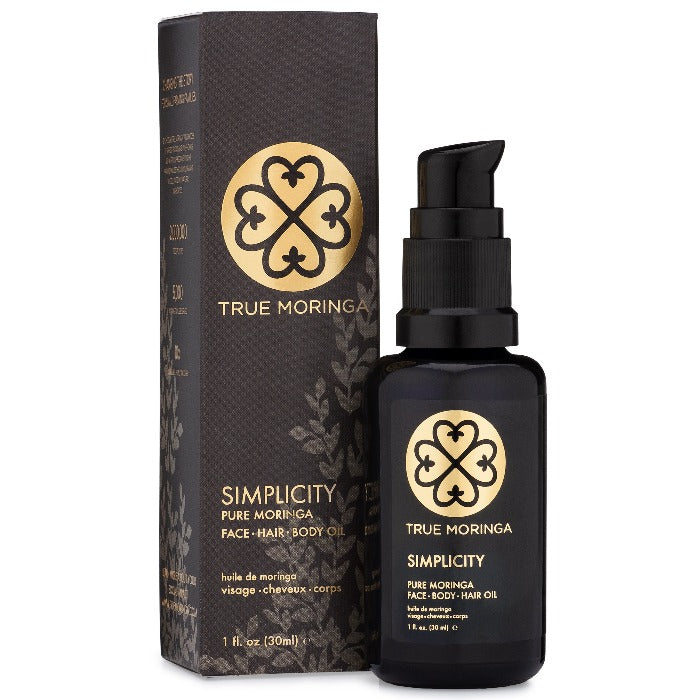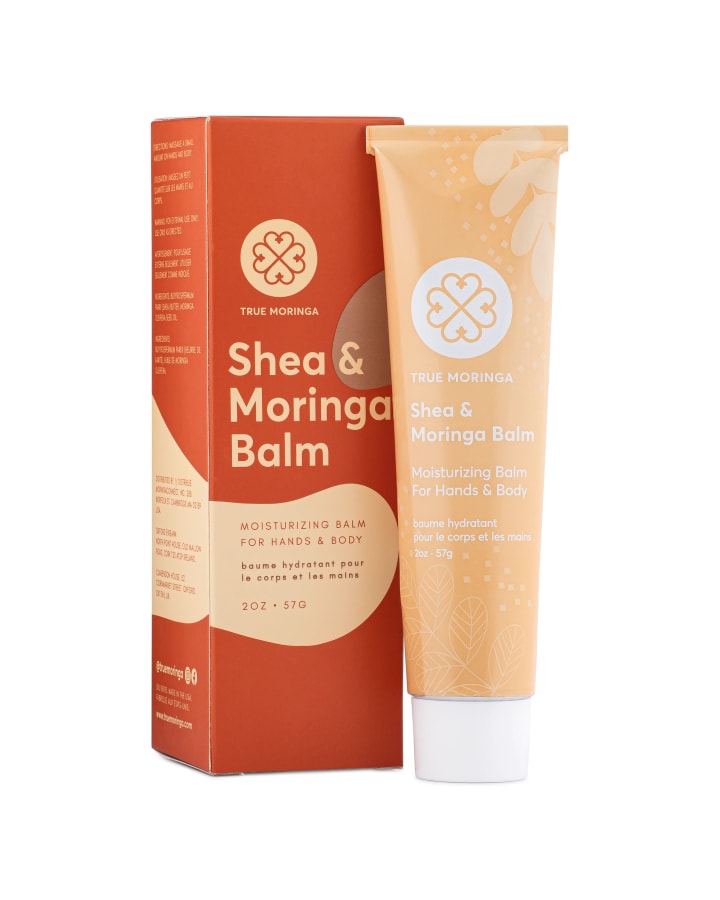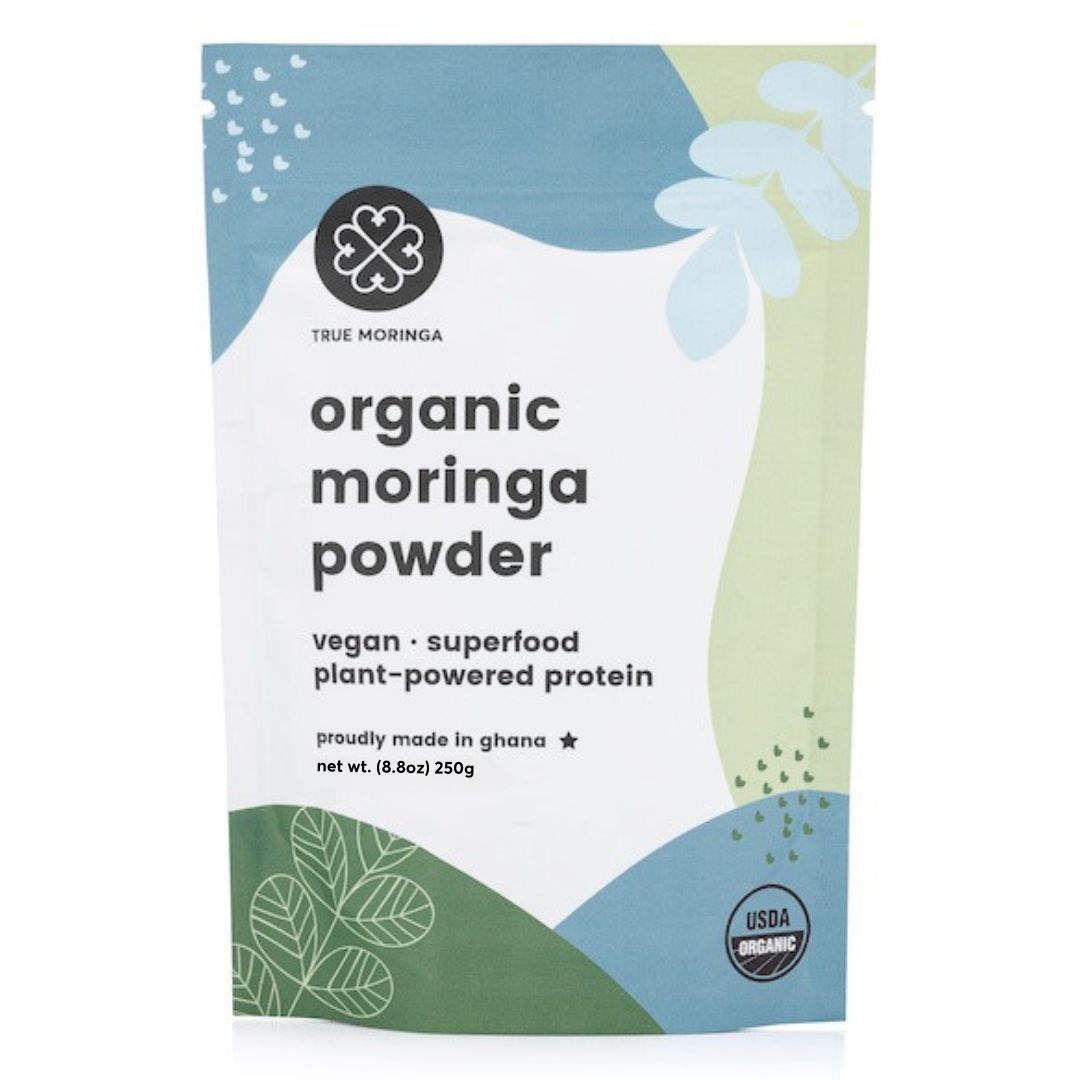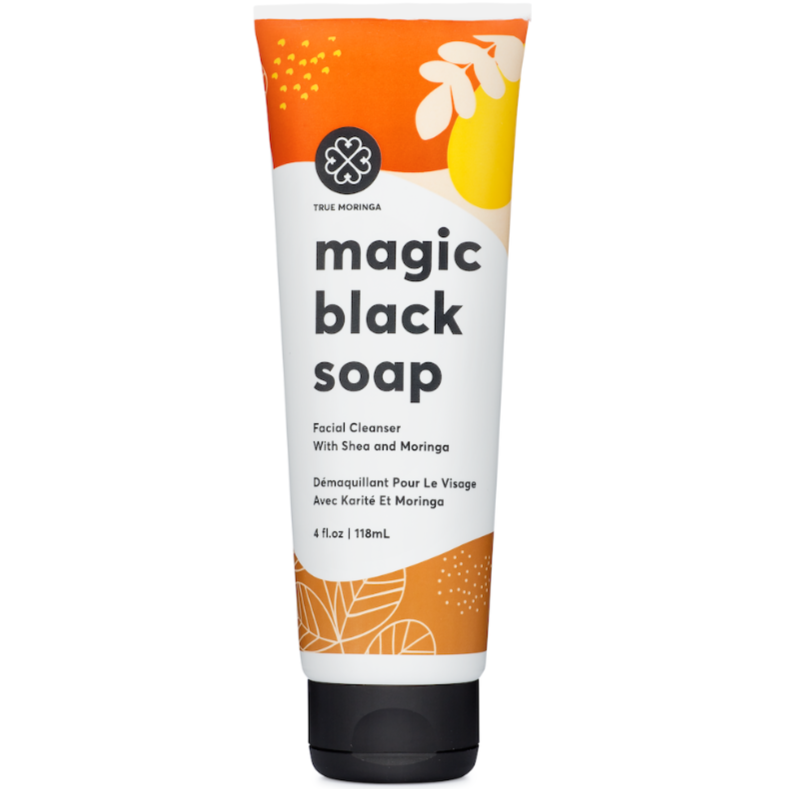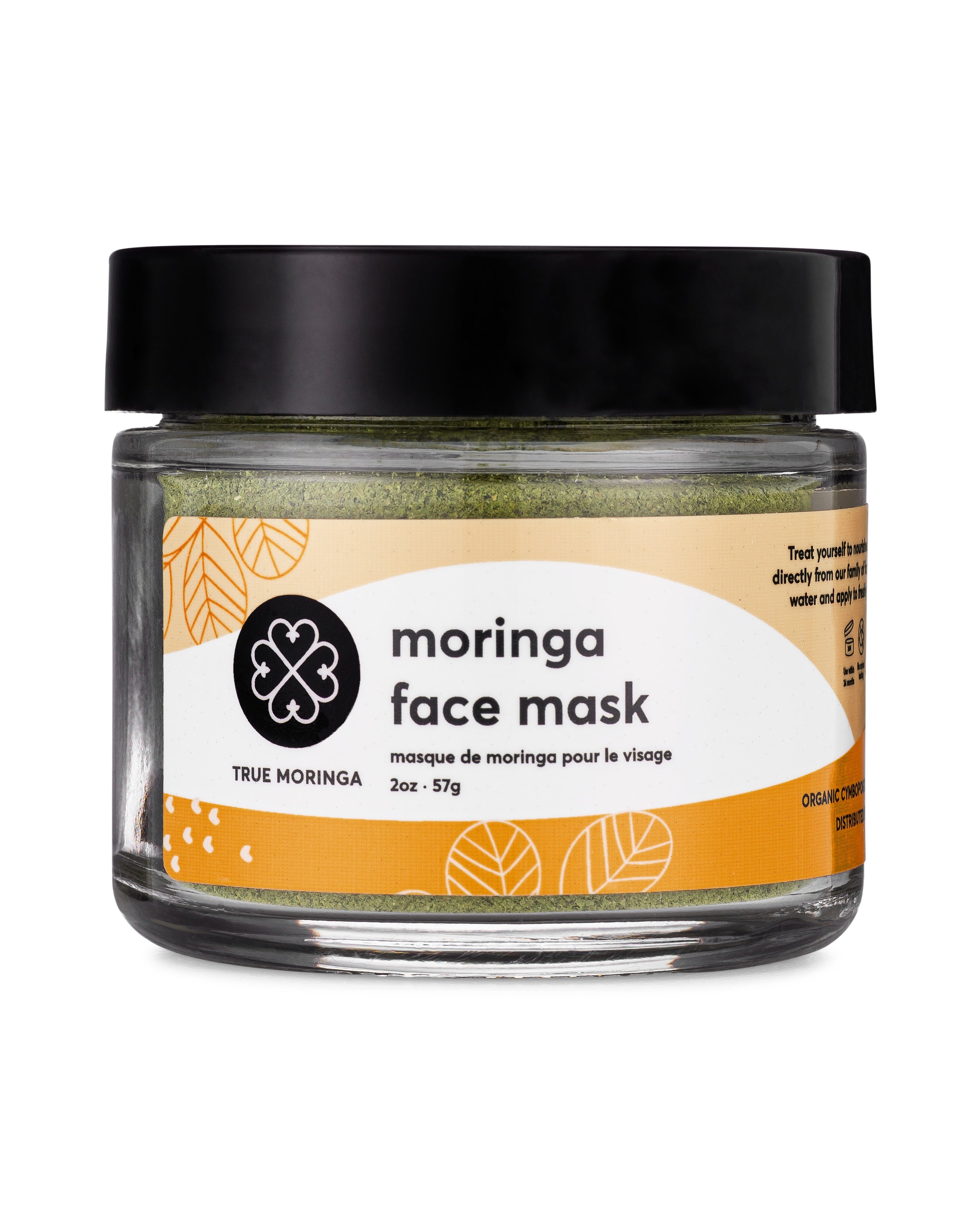


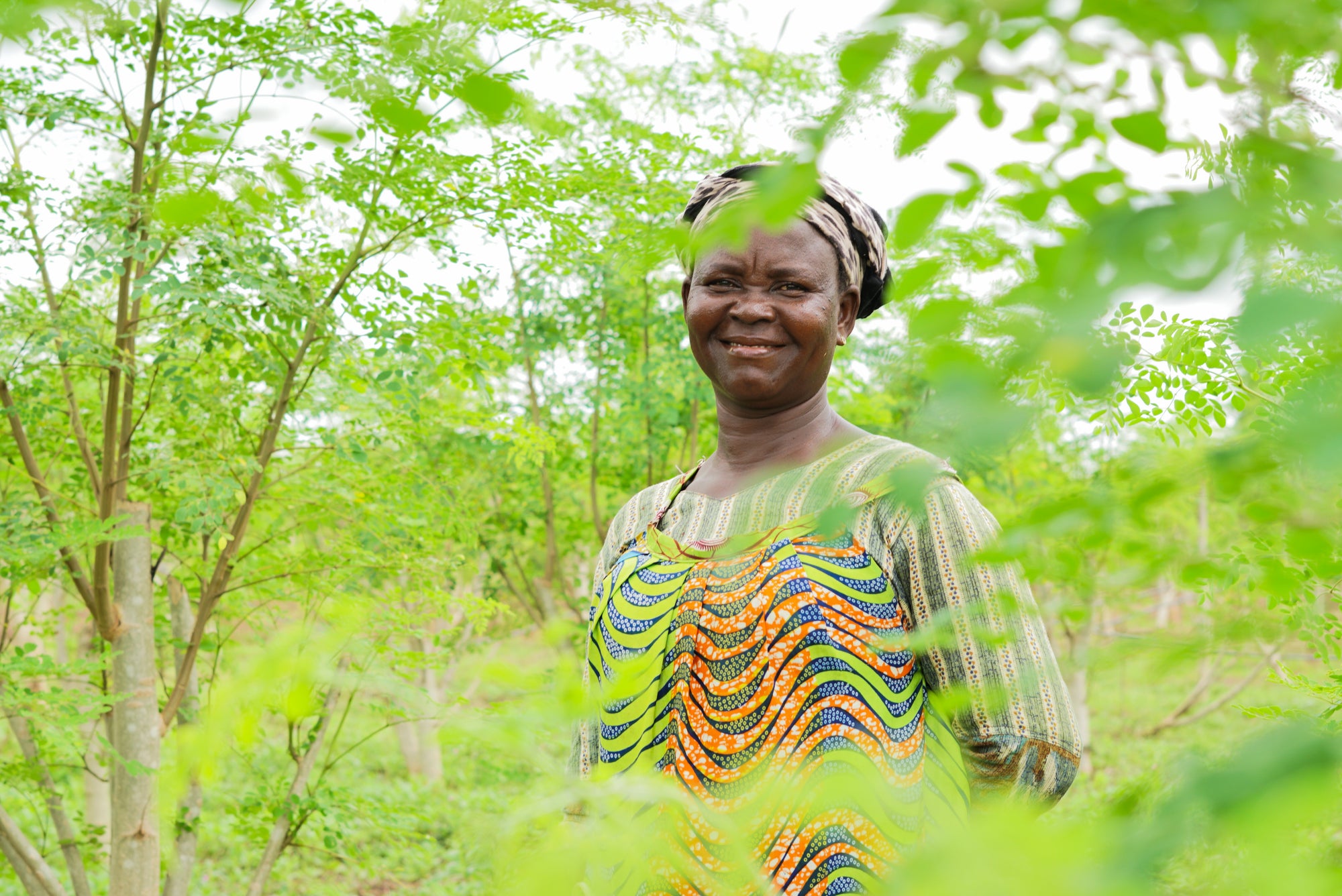
Big News: Our Organic Farm Achieves Regenified Certification!
What is Regenerative Certification?
Regenerative agriculture focuses on restoring the health of the entire ecosystem, promoting biodiversity, improving soil health, conserving water, and building climate resilience.

What does this look like in practice?
Minimizing Soil Disturbance
We limit tilling to preserve soil structure, helping to maintain its natural integrity.
Living Roots Year-Round
Our moringa trees provide essential nutrients to the soil, aerating it and supporting continuous nutrient cycling all year long.
Soil Armor
By using compost, cover crops, and organic mulch, we protect the soil from heat, erosion, and water loss, ensuring healthier growth conditions.
Biodiversity
We’ve integrated climate-smart crops like chili peppers, hibiscus, lemongrass, peppermint, and ginger, which complement moringa. A diverse ecosystem not only fosters climate resilience but also ensures consistent yields despite droughts or heavy rains.
Integrating Livestock
In collaboration with the nomadic Fulani people, we rotate grazing areas for their cattle each season, collecting manure and providing green biomass (like moringa branches) for livestock nutrition. This practice enhances soil health and promotes cultural harmony between the Fulani and the local communities in New Longoro.

Building Resilient Communities
Regenerative agriculture is not new to Ghana - farmers throughout Ghana have been practicing these techniques for centuries. However, many living in rural areas are forced to turn to harmful environmental practices like charcoal burning and illegal mining for short term cash.

By providing a guaranteed market for regeneratively grown moringa, you play a huge part in our regenerative journey as we continue to grow a healthier, more sustainable future.

